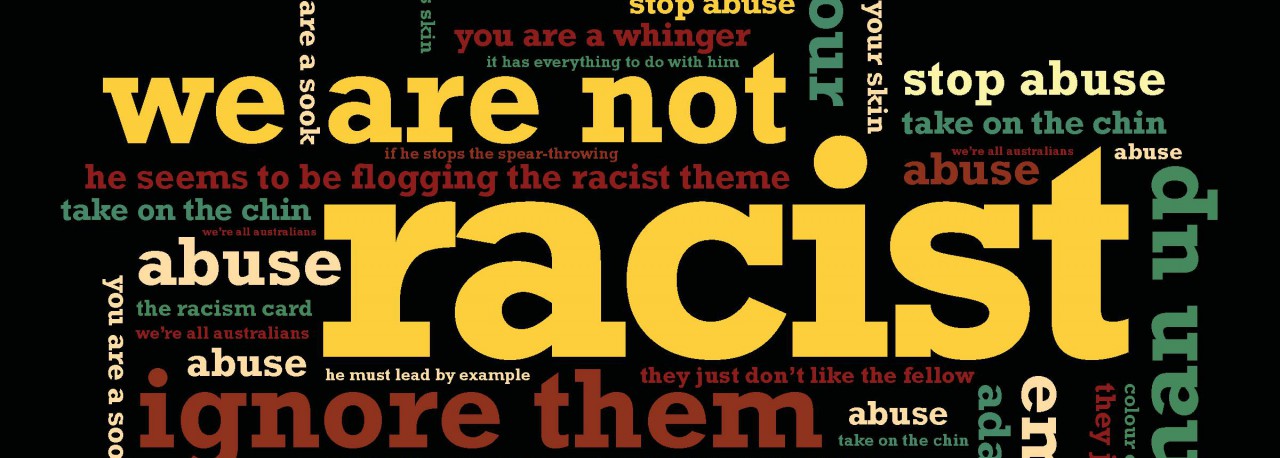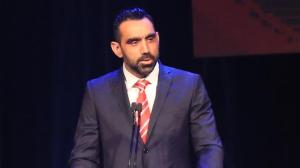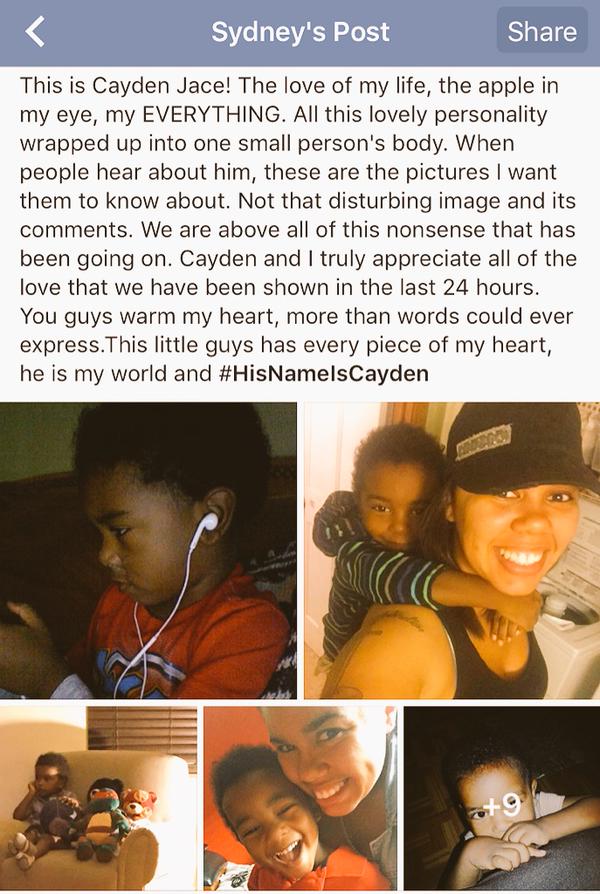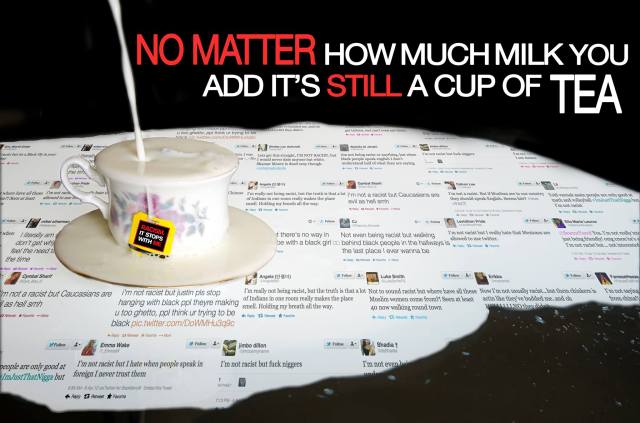Just one more story about Adam Goodes. Though I shouldn’t feel bad about telling it in case everyone is fed up by it, because this issue needs to stay at the forefront. It has generated so much discussion already and some of it must have been beneficial rather than just straight hate, surely.
Firstly, for anyone who is reading this from a country other than Australia, you may not be aware of what has been going on in Australia for the past couple of months with regards to racism. Here is an article to fill you in:
A few months ago, back when the Adam Goodes story was definitely at the forefront of every news program, and at least every A.F.L news program, I attended a Sydney Swans game at the SCG (as I have done every home game for the last 15 years). It was against Collingwood, and one of the last games of the season after which Adam Goodes would almost certainly be retiring. It was after Goodes had played against West Coast, and after he had taken leave and then made his return, hoping to put all of the previous issues behind him. Though it had been obvious since his return that the booing had not and would not stop, he was getting on with it, and the rest of his supporters were trying to as well, not helped by the certain number among his critics that felt the need to keep on bringing this issue up along with the argument of “is it or isn’t it racist” and reminding everyone that “I just don’t like him”. Good for you, you could still keep that to yourself. Unfortunately it seems, whatever the reason for their hate, and even after the mountain of racial abuse Adam Goodes has received (because, yes, he has no matter which way you look at it) people feel like they cannot just keep it to themselves.
I enjoyed the game up until the second half when we were joined by an opposition supporter taking up a seat behind us and proceeding to abuse Goodes every time he got the ball. No, he didn’t boo. No, he didn’t shout racial abuse (though I was waiting for him to do just that to give me the chance to get him thrown out). The only things he actually did were shout things like “Why don’t you just bugger off and retire Goodes you’re old and slow” and “Get out of it Goodes” and, effectively “I want to make it known that I don’t like you Goodes”. No, these weren’t racist comments. But it was still beyond me how anyone could want to disrespect him and make their hate for him clear when it has been associated with racism. If this man had wanted to take a stand against racism he would have done so by keeping his mouth shut. Yes, many would argue that it’s his right to say whatever he wants at the football and so on but this was not a normal situation. He knew full well that abuse towards Adam Goodes had been associated with racism, that Adam Goodes himself had said he sees it as racist, that many people had come out online and made racist comments about him, but he chose to go along with it anyway. Unfortunately, despite my fury, all I could manage were a few dirty looks his way because I was scared. Had he said something outwardly racist, I would have confronted him and gotten security. Though underhandedly racist in supporting and providing cover for the people that were, he hadn’t done or said anything against the rules. Though I do not doubt he would have gladly entered into a hate filled argument about exactly why he wasn’t racist, while at the same time proving exactly how he was, I couldn’t bring myself to confront someone who was not being outwardly racist.
After the final siren went signalling a Swans victory, it was my mum who came to the rescue and I have to say it’s one of the proudest moments I have had as a daughter. She turned round in her seat, looked the guy square in the face and said sternly “Now you can bugger off and retire”.
It doesn’t have to be against the rules to count as racism.
P.F.











